Put a cap on it | International Special #2
Dive into the history of international players at Sheffield United (all of them)
Words: David Beeden (with huge thanks to Philip Whittaker, Andrew Kirkham and Good Pinch for their stats/databases)
‘Sheffield United’ and ‘international players’ are two phrases that have seldom been used together. No surprise really for a club that has never consistently competed at the top of the football pyramid.
International players with United connections have normally found success before they came to the Lane or after they left. Recent World Cups and European Championships have featured former Blades academy products such as Phil Jagielka, Kyle Walker and Harry Maguire, whilst players have often arrived at the Lane long after their own international careers ended. Examples include Martin Peters, Ian Rush and Paul McGrath.
There are managers like Clough, Davison, Jokanović, Mercer, Peters, Speed, Robson, Weir and Wilson, all of whom played for their countries before arriving at United to manage us.
The most capped player in the club’s history has a new recipient. That honour belongs to John Egan, who won his 26th cap after playing and scoring (twice) in back-to-back games for the Emerald Isle in the latest set of international fixtures.
Peter Ndlovu, Billy Gillespie and Enda Stevens had jointly held this record with 25 caps apiece. Ndlovu played 25 times for Zimbabwe whilst with United. He had 100 caps in total, with only a quarter coming during his three-year spell at the Lane. Technically, Gillespie played for the Ireland national team, operated by the Irish Football Association (IFA). This now operates the Northern Ireland national football team. Gillespie held the IFA record for most international goals scored for 78 years, with 13 goals. His record was equalled by Colin Clarke in 1992 and broken by David Healy in 2004.
We had one player, Bob Evans, who became one of the few players to have turned out for two different countries by virtue of being born in Chester (on the England side) but having Welsh parents. He played four times for Wales, all against England and then played for the Three Lions in 1911 against Scotland and earned 4 caps. Jimmy Dunne also played for both Northern Ireland and the Irish Free State (Republic of Ireland) during his time at the Lane.
England
There have been just 34 players who have represented England whilst at the Lane, amassing a paltry 101 caps. Ernest Needham’s 16 caps double the next nearest on the list; George Green, with 8 appearances.
Since the Second World War, United have only had seven players who have represented the Three Lions, only amassing 29 caps combined - Deane, Currie, Jones, G. Shaw, Hodgkinson, Grainger and Hagan. Currie’s 7 caps take the crown from this small select few.
United have had eight players who have gained B Caps – in chronological order from most recent to oldest – Jagielka, Quinn, Deane, Speight, Shaw, Hawksworth, Hagan and Burgin.
For the under 21s, United have had 14 players who have represented the Young Lions. Including loanees, the list comprises of Doyle, McAtee, Brewster, Gibbs-White, Ramsdale, Henderson, Maguire, Naughton, Jagielka, Tonge, Woodhouse, Morris, Quinn and Beagrie.
United have had 11 players who played for England after they left the club (Ramsdale, Henderson, Calvert-Lewin, Coady, Maguire, Walker, Kevin Davies, Cahill, Jagielka, Hufton, Brawn) with eight of those post-2000.
At the other end of the spectrum, 21 players have played for us after they represented England: Rodwell, Beattie, Wright, Ehiogu, Hendrie, Unsworth, Barrett, Curle, White, Parker, Marwood, Cowans, Withe, Thompson, Peters, Barrass, Teddy Sandford, Alderson, Utley, Becton and Mosforth.
Going back to the turn of the Twentieth Century, however, it was quite different. United hold the record as the only club to field ten full England internationals in a league match, and many of these internationals were regulars for United for the entire 1903/04 season.
The squad of that season consisted of the following players; all had represented England (one for Ireland) at some point whilst playing for United:
Walter Bennett - 2 England caps - 18/3/1901 - 13/3/1901
Peter Boyle (Ireland) - 5 caps for the Republic of Ireland
Arthur Brown - 2 England caps - 29/2/1904 - 17/2/1906
Alf Common - 3 England caps - 29/2/1904 - 19/3/1906
William Henry ‘Fatty’ Foulkes - 1 England cap - 29/3/1897
William Harrison (Harry) Johnson - 6 England caps - 17/3/1900 - 4/4/1903
Bert Lipsham - 1 England cap - 3/3/1902
Tommy Morren - 1 England cap - 5/3/1898
Ernest ‘Nudger’ Needham - 16 England caps- 7/4/1894 - 3/3/1902
Fred Priest - 1 England cap -17/3/1900
Harry Thickett - 2 England caps - 20/3/1899 - 8/4/1899
Bernard Wilkinson - 1 England cap - 9/4/1904
Home nations and the rest
Wales, with 24 players, comes second to England’s call-ups, with 10 players representing Ireland, 7 Scotland and 7 Northern Ireland.
To say it has been a barren spell since those halcyon days is an understatement, and since both World Wars, United international call-ups have been spotty, to say the least.
Under Dave Bassett, we had our first foray into the foreign market in terms of full internationals, with Nilsen, Flo and Veart arriving. Soon we had players arriving from the national sides of the likes of Belarus, Canada, Cameroon, Egypt and Zimbabwe. In recent years we have seen players at our club going to play for Belize and Haiti!
Yet only this season have we seen the current Blades squad celebrating several current player call-ups - even more than when we were playing in the top flight in recent times. Baldock, Berge, Egan, Norrington-Davies and Ndiaye all recently linked up with their respective national sides. Throw in the likes of Ahmedhodžić, Davies, Clark, Fleck, Norwood, McBurnie and Stevens, all of whom represented their country not too long ago, and it seems United can, at the moment, properly lay a claim to having a squad full of internationals – current or former.
For much of my supporting existence though, United have not been blessed with the... erm...'best of the best’ from around the globe.
The stats
Indeed, we have had by my reckoning (huge thanks to @pwhittaker_1966 and @good_pinch on Twitter for their fantastic research and assistance, along with United’s own superb statistician Andrew Kirkham) just 110 total international players whilst they have been on United’s books.
The Blades have used well over 1,000 players in their history, so a figure of less than 10 per cent is quite damning compared to many other clubs.
The overall total is 679 caps from those 110 players from 27 countries, and they have scored 106 goals. The countries with the most caps are Wales and the Republic of Ireland: both countries have 126 caps each. The country that’s benefitted the most from United’s striking prowess is Northern Ireland, with 21 goals scored for the national team, 13 of which by Billy Gillespie. We have had 40 caps for Scotland whilst a Blade, but nobody has scored a goal (excluding shootouts).
The full list is below (there may be some inaccuracies, but hope I am not too far off). The list includes players who were on loan at the Lane and featured for their country during their time here.
International Blades
(C-Total Caps, G-Total Goals where applicable)
All stats as of October 6th 2022 – after latest round of international fixtures
34 England – Bobby Barclay (C3, G2), Walter Bennett (C2), Bob Benson (C1), Arthur Brown (C2, G1), Alf Common (C2, G2), Tony Currie (C7, G1), Brian Deane (C3), Bob Evans (C4, G1), William Foulke (C1), Harold Gough (C1), Colin Grainger (C6, G3), George Green (C8), Jimmy Hagan (C1), Wally Hardinge (C1), George Hedley (C1), Alan Hodgkinson (C5), Rab Howell (C1, G1), Harry Johnson (C6, G1), Mick Jones (C2), Harry Lilley (C1), Bert Lipsham (C1), Vince Matthews (C2, G1), David Mercer (C2, G1), Tommy Morren (C1, G1), Ernest Needham (C16, G3), Harry Pantling (C1), Jack Pickering (C1), Fred Priest (C1), Graham Shaw (C5), Albert Sturgess (C2), Harry Thickett (C2), Fred Tunstall (C7), Michael Whitham (C1), Bernard Wilkinson (C1)
Total Caps – 101
Total Goals - 18
24 Wales – Len Allchurch (C4), Ethan Ampadu (C7), Nathan Blake (C5, G1), David Brooks (C3), David Cotterill (C4), Adam Davies (C2), Joe Davies (C3), Bob Evans (C4, G2), Ched Evans (C3), Lee Evans (C2), Kieron Freeman (C1), Trevor Hockey (C4), Glyn Hodges (C5), Roy John (C3), John Jones (C9), Hugh Morris (C1, G2), Rhys Norrington Davies (C13, G1), Rob Page (C13), David Powell (C10, G1), Carl Robinson (C1), Gil Reece (C16, G1), Dean Saunders (C5), Gareth Taylor (C6), Ben Woodburn (C2)
Total Caps – 126
Total Goals - 8
10 Ireland – Jimmy Dunne (C1, G2), John Egan (C26, G3), Conor Hourihane (C7), Alan Kelly (C22), Paddy Kenny (C7), David McGoldrick (C8, G1), Alan Quinn (C4), Alf Ringstead (C20, G7), Callum Robinson (C6, G1), Enda Stevens (C25)
Total Caps – 126
Total Goals - 14
7 Scotland – Jim Brown (C1), Oliver Burke (C1), Eddie Colquhoun (C9), Alex Forbes (C5), Oliver McBurnie (C9), John Fleck (C5), Gary Naysmith (C10)
Total Caps – 40
Total Goals - 0
7 Northern Ireland – Peter Boyle (C5), Jimmy Dunne (C7, G4), Billy Gillespie (C24, G13), Keith Gillespie (C24, G1), Colin Hill (C6, G1), Oliver Norwood (C4), Connor Washington (C4)
Total Caps – 74
Total Goals - 19
4 Norway – Sander Berge (C12), Jostein Flo (C23, G5), Roger Nilsen (C15), Bjørn Helge Riise (C1)
Total Caps – 51
Total Goals - 5
3 Australia – David Carney (C13, G3) Shaun Murphy (C10, G2), Carl Veart (C2, G1)
Total Caps – 25
Total Goals - 6
2 Greece – George Baldock (C6), Vasilios Borbokis (C2)
Total Caps – 8
2 Canada – David Edgar (C4), Paul Peschisolido (C3)
Total Caps – 7
2 Malta – Daniel Bogdanovic (C7), Justin Haber (C9)
Total Caps – 16
1 Barbados – Paul Ifill (C5, G5)
1 Belarus – Pyotr Kachura (Petr Katchouro) (C10, G1)
1 Belize – Angelo Cappello (C5)
1 Bosnia – Mo Bešić (C3)
1 Cameroon - Patrick Suffo (C14, G2)
1 China – Li Tie (C5)
1 Côte d'Ivoire – Olivier Tébily (C1)
1 Egypt – Ahmed Fathi (C3, G1)
1 Estonia – Mihkel Aksalu (C3)
1 Finland – Toni Kallio (C1)
1 Haiti – Lecsinel Jean-François (C2)
1 Jamaica – Luton Shelton (C9, G7)
1 Senegal – Iliman Ndiaye (C2)
1 Sweden – Robin Olsen (C6)
1 Turkey – Colin Kazim-Richards (C1)
1 USA – Cameron Carter-Vickers (C1)
1 Zimbabwe – Peter Ndlovu (C25, G20)
The Rest (excluding UK and Ireland)
Total Caps - 203
Total Goals - 47
Totals all countries = 110 players / Games all countries = 671 games / Goals all countries = 106 goals
Notes
* At time of writing Anel Ahmedhozic has not played for Bosnia whilst a Blades player. We are not even certain he joined the squad at their last meet-up! Hecky says he did not!
** Scott Hogan had returned to Aston Villa at the conclusion of the ’18-’19 season after his loan spell so his appearance against Denmark on 7th June 2019 isn’t counted
*** Ciaran Clark has not yet played for Ireland at time of writing whilst on loan with the Blades
World Cup Blades
With the World Cup imminent, I started to wonder what all this might mean, in terms of the past and the present, for United’s connections with the World Cup. Take away the likes of Peters, Page and Sabella, who have done, or will operate at the World Cup in some capacity, one actually being a World Cup winner of course back in 1966, and it is slim pickings to find those ‘still’ associated with United and playing at the highest level of the international game.
If we delve into the record books, we can see exactly how limited the Blades’ involvement has been in comparison to other clubs.
English clubs with players at the World Cup from 1950 to 2018
Manchester United - 99
Liverpool - 78
Chelsea - 77
Arsenal 74
Tottenham Hotspur - 73
Manchester City - 53
Everton - 40
Aston Villa - 31
Leeds United - 30
West Ham United - 29
Blackburn Rovers - 26
Newcastle United - 26
Leicester City - 24
West Brom - 24
Portsmouth - 21
Southampton - 21
Fulham - 20
Wolves - 20
After this, there are another 18 clubs who have had more players involved at the World Cup than the Blades, including the likes of Wigan (11), Coventry (9) and our rivals Wednesday (9).
In joint 37th place, we appear with the grand total of six players who have gone to the biggest stage in the game whilst a Blade. Sadly, it gets worse. Out of the six players, only two made it ‘onto the grass’ as far as I am aware; Suffo and Flo. One of them even left the Blades during the World Cup, meaning he was technically only a United player for one game. Hodkinson was included in two squads but did not travel with the final ’58 squad as he was left at home as a reserve, so he has not been counted twice.
1954 World Cup
England - Goalkeeper: Ted Burgin
Burgin was understudy to Gil Merrick of Birmingham City. Merrick was 32 but his best days maybe were behind him and he never played again after the quarter-final defeat to Uruguay. Merrick was at fault for two goals in the tournament in Switzerland, including a howler in that same quarter-final. Burgin was at his peak with United and perhaps unlucky to never get a cap as he only represented England at B level.
1962 World Cup
England - Goalkeeper: Alan Hodgkinson
Hodgkinson was included in the original 1958 squad of 22 but was left at home as a reserve. He did, however, make it to Chile four years later. Ron Springett of the Owls was the number one and he played in all four games as Hodgkinson, like Burgin, did not play. ‘Hodgy’ at least did play for his country at full level and gained 5 caps prior to this tournament (1957-1960).
1994 World Cup
Republic of Ireland - Goalkeeper: Alan Kelly
Kelly was Ireland’s number two to Packie Bonner. Much like the situation with Burgin and Hodgkinson, he found himself playing second fiddle. Bonner was undisputed number one due to Italia ’90 but he also seemed to be on the way out, and made a terrible error in the defeat against Holland, letting future Owls’ player Wim Jonk’s speculative shot wriggle through his grasp. Kelly played 34 times for Ireland, but he was unfortunate that following Bonner, Shay Given established himself as number one for a long period of time.
Norway - Striker: Jostein Flo
United had just got relegated and whilst the first team squad headed off to Australia on a strange postseason tour, Flo and Nilsen headed off to the States with Alan Kelly as part of their national sides. Norway had of course qualified at the expense of England and Flo had been a real nemesis in the home qualifier I recall. He was operating almost as a right winger and caused havoc for the England defence with his height on the diagonal ball in a clearly identified tactic from coach Egil Olsen. Flo was an ever-present around this time, with future Blade Jan Åge Fjørtoft often on the bench. Flo played in all three games as Norway beat Mexico, lost to Italy, and drew with Ireland, exiting in the first round. Flo played 53 times for his country and was a big part of an upset win over Brazil in the 1998 World Cup in France, but he had left United by this stage to return to his native homeland.
Norway - Defender: Roger Nilsen
Nilsen played 32 times for Norway and scored 3 times! He never scored for United in 166 games despite several efforts at goal (he of course did score in the quarter-final shoot-out win against Coventry). He was never really a regular for his country and did not play at all in this World Cup, with Stig Inge Bjørnebye preferred in his position.
2002 World Cup
Cameroon - Striker: Patrick Suffo
The World Cup came just months after the infamous Battle of Bramall Lane where he was dismissed for headbutting Derek McInnes. He never played for United again and was loaned out to Numancia. He was still on United’s books when the World Cup started and came on as a sub in a 1-1 draw with the Republic of Ireland. He officially left on 5 June 2002 (during the World Cup) as the Spanish side made his signing permanent and was then an unused sub in Cameroon’s win against Saudi Arabia. A few days later he came on against Germany and was sent off for two bookings, chopping down Michael Ballack for his second yellow card. Suffo of course won an Olympic Gold medal prior to signing for United and after he left won the African Cup of Nations, scoring a penalty in the final. He played 29 times for the ‘Indomitable Lions.’
That is it. What a poor contribution! It does seem that this may change, and it is almost certain we will add players to this slim list in the upcoming tournament. It seemed like it was a good bet we would send three players, but the Blades’ injury curse means Norrington-Davies will be denied the chance to go to Qatar.
2022 World Cup
Senegal – Striker: Iliman Ndiaye
Ndiaye has timed his rise to perfection for both club and country and is now set to join the likes of Mane and Sarr in the World Cup squad. Ndiaye was born in France to a Senegalese father and French mother, and of course, he debuted with the Senegal national team in a 3–1 2023 Africa Cup of Nations qualification win over Benin on 4 June 2022. Whether he gets many minutes with Senegal, with more established players in front of him, remains to be seen and many United fans will have mixed feelings: wanting him to do well, but also concerned his talents are not exposed to the wider footballing world, potentially affecting how long we get to see him at the Lane.
Wales – Defender: Rhys Norrington-Davies
Born in Saudi Arabia, Norrington-Davies spent a nomadic early life before settling in Wales and now seems to be finally establishing himself after several loan spells. He has played 13 times now and recently scored his first goal, against the Netherlands. He has shown the versatility to play left back, left wing back and left centre back and seemed to have a real chance of getting game time in Qatar before his untimely injury. It now looks like his dream has been dashed and he will not be available.
Wales – Goalkeeper: Adam Davies
Coming back from injury, he will hopefully be named as the third-choice keeper behind Wayne Hennessey and Danny Ward. Tom King at Salford was named in the recent squad, so you would think if Davies proves his fitness, he may be our third representative. It has probably helped that he has had some game time the last few weeks for United.
We wish them well in representing the Blades but maybe not too well: we don’t want them too exposed to the watching football world, so the likes of Ndiaye will remain with us for a little bit longer yet!
David ‘Deadbat’ Beeden is best 'known' for his matchday reports and for being the co-host of The Tufty Club podcast, available on all good streaming services. Occasional tweeter @Deadbat_DB with sporadic ramblings also at tuftyclubsufc.wordpress.com.


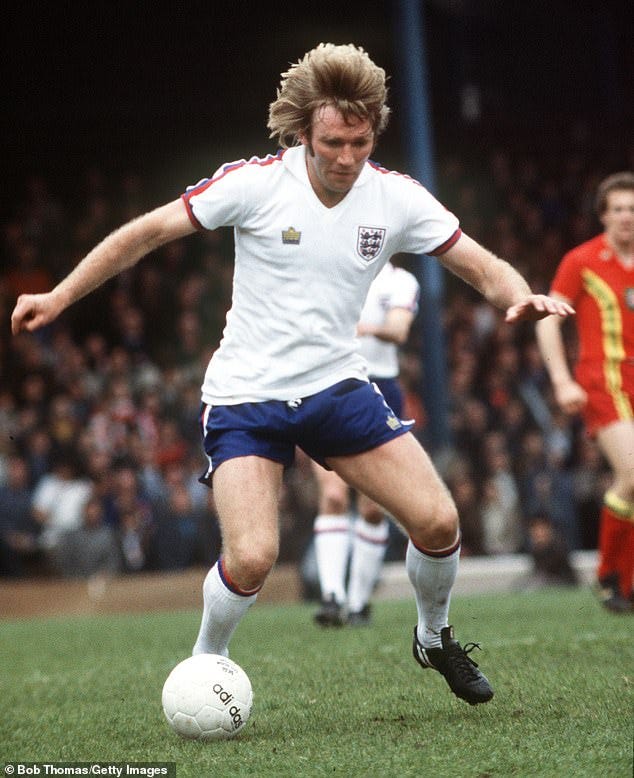


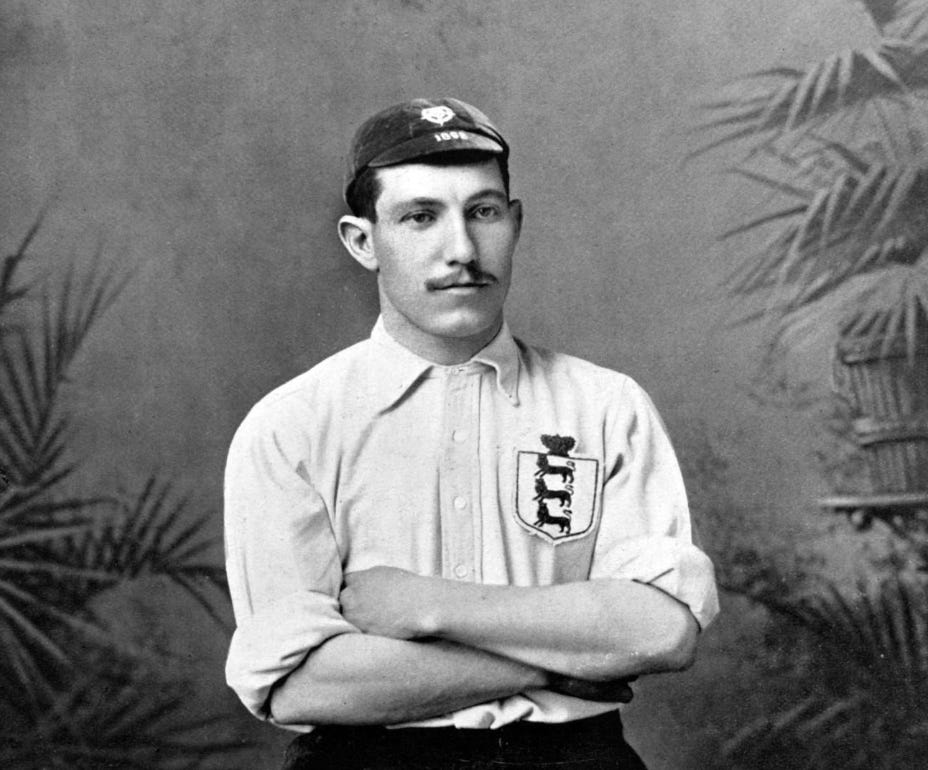

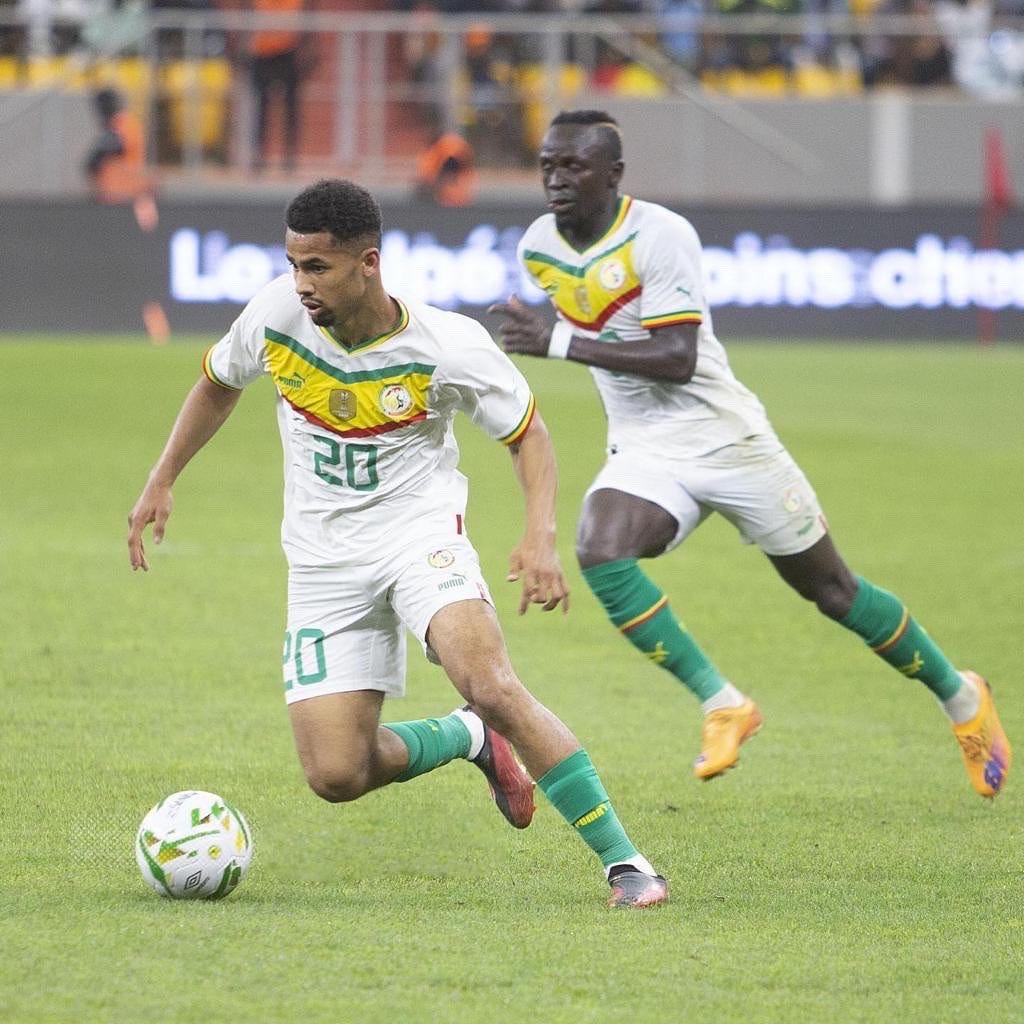
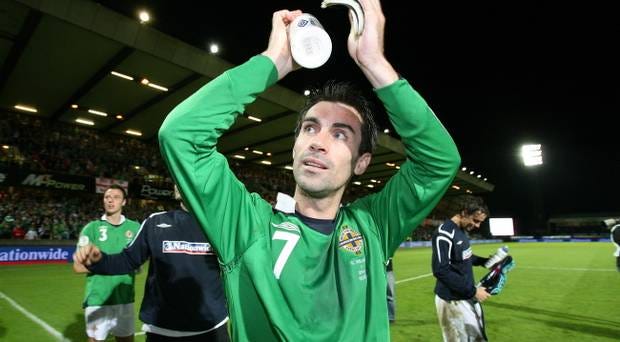
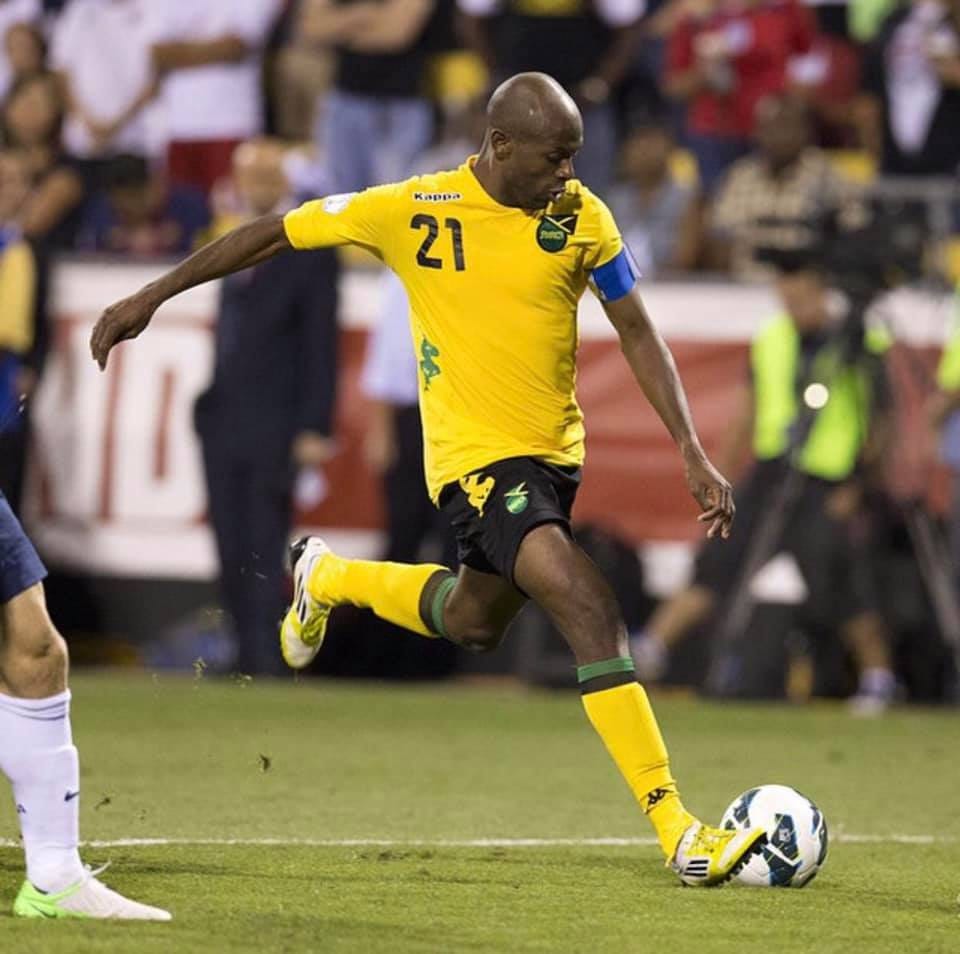
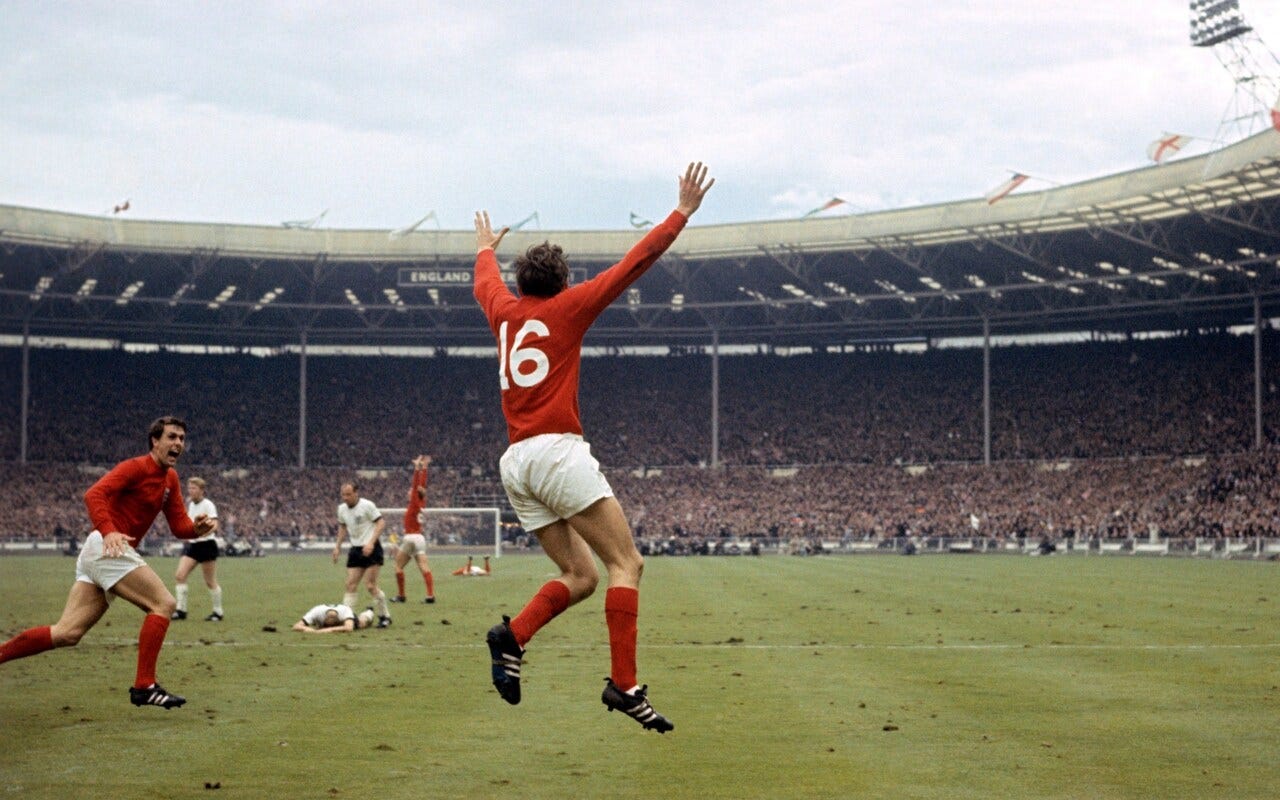
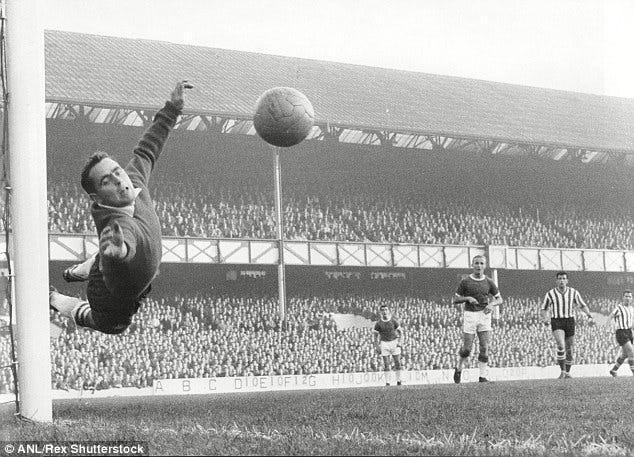
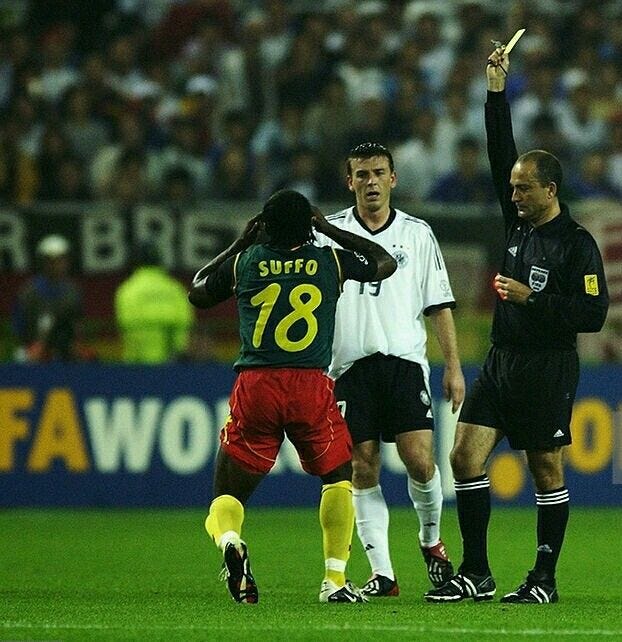
Thank you, David
What an interesting read – thanks for your research. Sheffield United’s obviously not a great feeder club to the World Cup teams, but still some noteworthy names among them.
I hadn’t realised quite how many caps John Egan and Enda Stevens had earned – most impressive.
And yes, let’s hope there aren’t too many scouts watching one Iliman Ndiaye this year!
Sue.